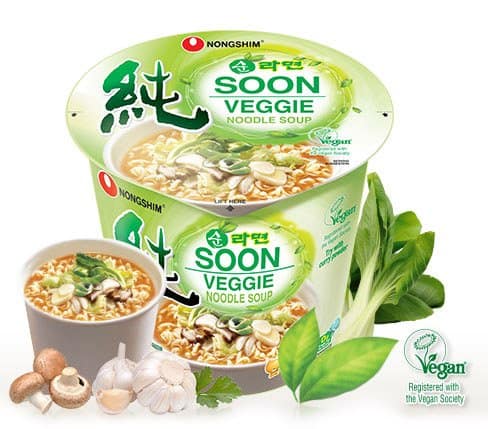The market for plant-based and alt protein continues to thrive in South Korea, where a plant-based Whopper launches into Burger King, and two domestic cell-based companies announce significant developments.
In the capital Seoul, the local government produced a complete guide of all the vegetarian restaurants and vegan options in the city, with the guides being distributed to health centres across the city, along with new labelling for meatless options at restaurants.

Statistics show that one-fifth of the South Korean population is now reducing meat consumption with growing numbers of flexitarians opting for plant-based alternatives, supported by millennials changing traditional consumption habits and going for greener options.
Burger King has added two new plant-based versions of its iconic Whopper to its South Korean menus, after a partnership with record-breaking food tech startup v2food from Sydney, Australia. The company announced last October it had secured $77 million Australian dollars ($55 million) in series B funding, to help it to forge a presence in Asia. V2Food’s burger patties are already available in Burger King Japan.
Nongshim, the largest instant noodles and snack company in South Korea, announced plans to further expand and promote its vegan food brand Veggie Garden this year.

The Good Food Institute APAC has reported that South Korean startup SeaWith has developed a cell culture scaffold made with microalgae, which is both innovative and cost-effective. SeaWith has developed the cell culture medium made with microalgae, says the 3D scaffolds can deliver the thickness and texture of conventional steak. It has plans to hold a tasting event in April, hoping to offer its meat in a pilot restaurant by the end of next year.
This innovation follows news of another Korea-based startup, CellMEAT, which recently announced a pre-series A funding round of $4.5 million. The company boasts cutting-edge technology that enables it to provide sustainable meat to the food market to address global concerns regarding the current production and consumption patterns.

“Vegetarianism and veganism are on the rise in the country as citizens are interested in healthy food due to the prolonged pandemic. We will continue to create an environment where citizens can access various food options,” Park Yu-mi, Head of the public health department of the Seoul government, told The Korea Times.





